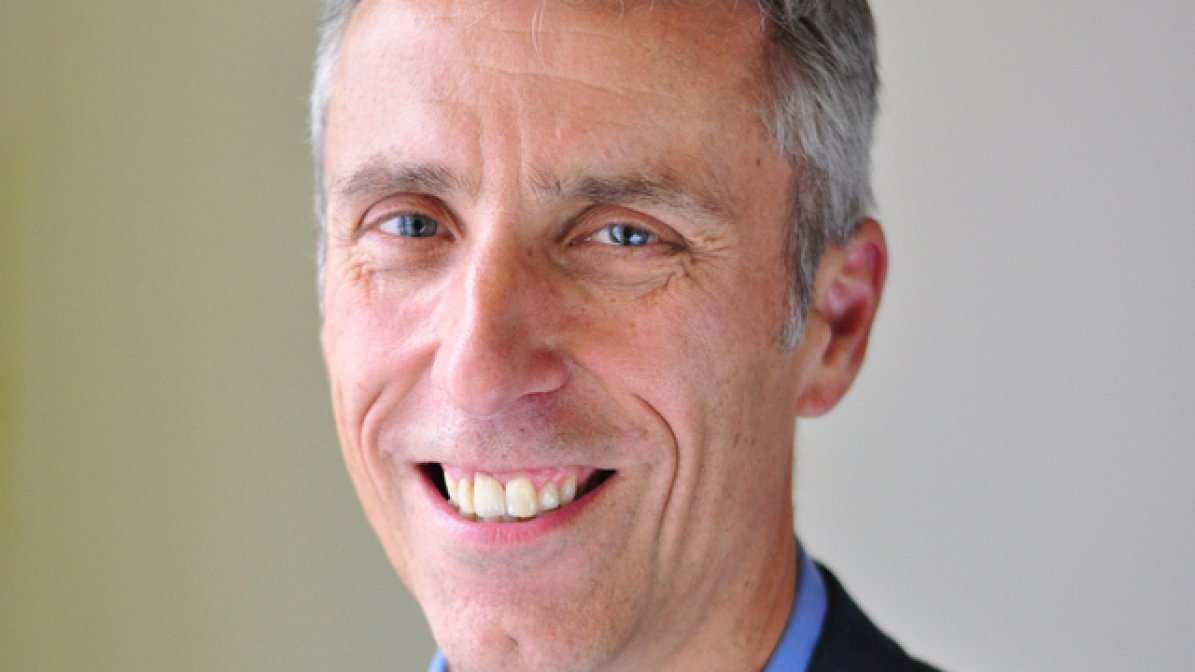
David Hughes CBE
Chief Executive, Association of Colleges (AOC)
David Hughes is Chief Executive of the Association of Colleges, representing and supporting further education colleges to fulfil their role as anchor institutions, supporting over 2 million students each year. He was awarded a CBE for services to further education, particularly during the Covid-19 response.
David has worked in post-16 education for over 25 years, including a decade as a senior civil servant. Before that he worked in Australia and the UK in community development, regeneration, welfare, employment and social housing.
David holds several Board positions including with the World Federation of Colleges and Polytechnics and the Bell Foundation.